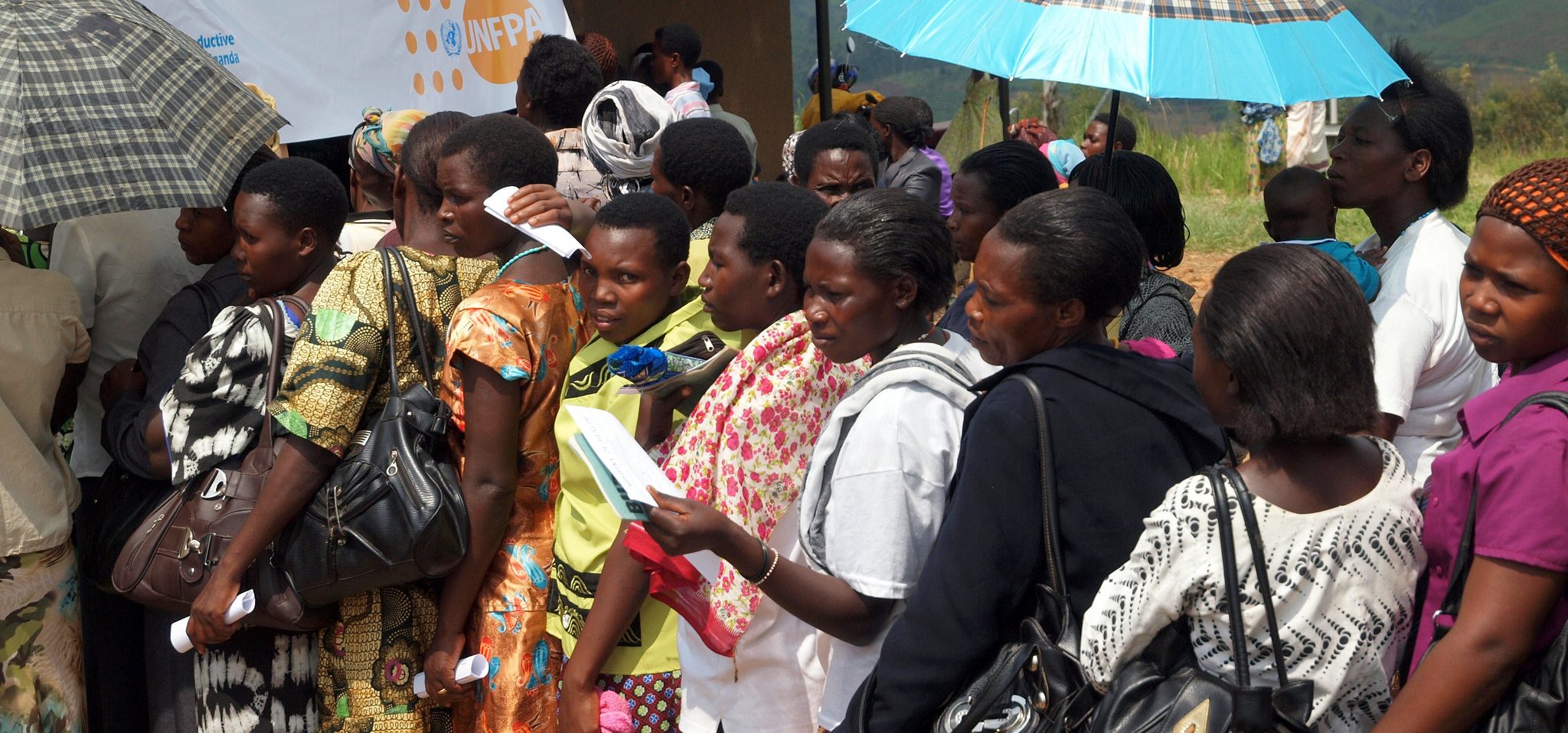
(How) does RBF strengthen strategic purchasing of health care? Comparing the experience of Uganda, Zimbabwe and the Democratic Republic of the Congo
Background
Results-Based Financing (RBF) has proliferated in health sectors of low and middle income countries, especially fragile and conflict-affected ones, and has been presented as a way of reforming and strengthening strategic purchasing. However, few studies have empirically examined how RBF impacts on health care purchasing in these settings. This article examines the effects of several RBF programmes on health care purchasing functions in three fragile and post-conflict settings: Uganda, Zimbabwe and the Democratic Republic of Congo (DRC) over
the past decade.
Results
Across the cases, at the government level, we find little change to the accountability of purchasers, but RBF does mobilise additional resources to support entitlements. In relation to the population, RBF appears to bring in improvements in specifying and informing about entitlements for some services. However, the engagement and consultation with the population on their needs was found to be limited. In relation to providers, RBF did not impact in any major way on provider accreditation and selection, or on treatment guidelines. However, it did introduce a more contractual relationship for some providers and bring about (at least partial) improvements in provider payment systems, data quality, increased financial autonomy for primary providers and enforcing equitable strategies. More generally, RBF has been a source of much-needed revenue at primary care level in under-funded health systems. The context – particularly the degree of stability and authority of government – the design of the RBF programme and the potential for effective integration of RBF in existing systems and its stage of development were key factors behind differences observed.
Conclusion
Our evidence suggests that expectations of RBF as an instrument of systemic reform should be nuanced, while focusing instead on expanding the key areas of potential gain and ensuring better integration and institutionalisation, towards which two of the three case study countries are working.
Accessing the paper
You can download this Global Health Research & Policy paper here.
References
Witter, S.1*, Bertone, M.1, Namakula, J.2, Chandiwana, P.3, Chirwa, Y.3, Ssenyonjo, A.2, Ssengooba, F.2 (2019) (How) does RBF strengthen strategic purchasing of health care? Comparing the experience of Uganda, Zimbabwe and the Democratic Republic of the Congo. Global Health Research and Policy, 4:3.
1. ReBUILD & Institute for Global Health and Development (IGHD), Queen Margaret University, Edinburgh, UK.
2. ReBUILD & School of Public Health, Makerere University, Kampala, Uganda.
3. ReBUILD & Biomedical Research and Training Institute, Harare, Zimbabwe.
Image: Women line up at the Kanungu Health Centre IV, Uganda – Nairobi Summit on ICPD25 via Flickr [opens new tab]